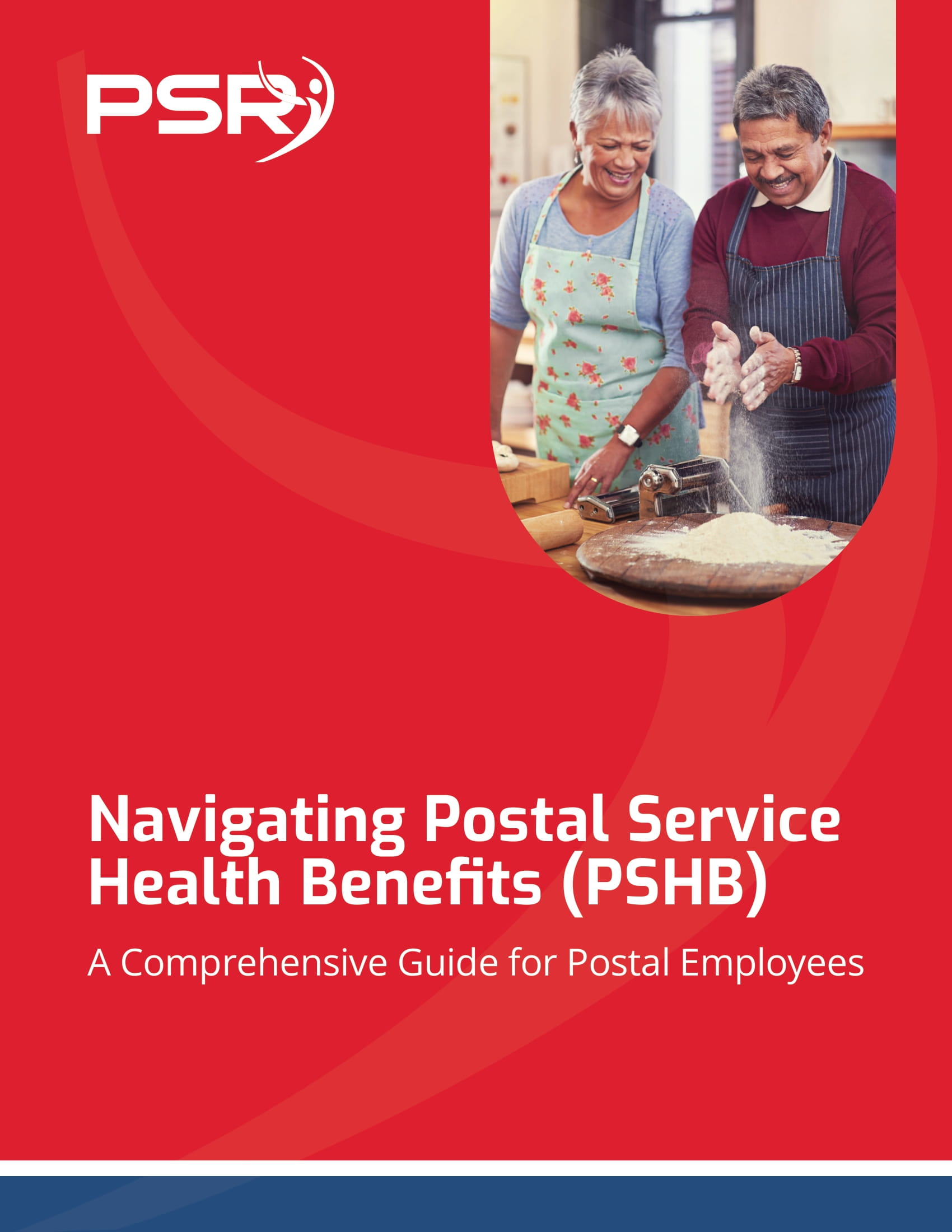Key Takeaways:
- Federal employee benefits are set to undergo significant changes in 2024, affecting health insurance, retirement benefits, and leave policies.
- Understanding these updates is essential for federal employees to optimize their benefits and plan for the future.
Federal Employee Benefits: What Changes in 2024 Mean for You
As we move into 2024, federal employees can expect several important changes to their benefits, including updates to health insurance plans under the Federal Employees Health Benefits (FEHB) program, modifications to retirement benefits, and enhancements in leave policies. These changes aim to improve the overall benefits package for federal employees, ensuring better coverage, financial security, and work-life balance. This article explores the key updates and what they mean for you.
Key Updates to FEHB Plans and How They Affect Your Coverage
- Also Read: Divorce and Your Federal Pension—What Happens When You Split Assets and How It Could Affect Your TSP
- Also Read: What Happens to Your Federal Benefits After Divorce? Here’s the Lowdown
- Also Read: The Best FEHB Plans for 2025: Which One Fits Your Lifestyle and Budget the Best?
Expanded Telehealth Services
One of the significant updates to the FEHB program in 2024 is the expansion of telehealth services. The COVID-19 pandemic highlighted the importance of remote healthcare access, and the FEHB program is responding by increasing telehealth options.
- Broader Access: Federal employees will have broader access to telehealth services, including virtual consultations with primary care physicians, specialists, and mental health professionals.
- Cost Savings: Telehealth visits often cost less than in-person visits, reducing out-of-pocket expenses for employees. This expansion aims to make healthcare more convenient and affordable.
Enhanced Mental Health Coverage
Mental health has become a critical focus area, and the FEHB program is enhancing mental health coverage in 2024.
- Increased Provider Network: The network of mental health providers covered under FEHB plans is expanding, making it easier for employees to find and access care.
- Lower Copayments: Copayments for mental health services, including therapy and counseling, are being reduced to encourage employees to seek necessary care without financial burden.
Preventive Care and Wellness Programs
Preventive care and wellness programs are essential for maintaining health and preventing chronic conditions. The FEHB program is emphasizing these areas in 2024.
- No-Cost Preventive Services: Preventive services, such as annual check-ups, vaccinations, and screenings, will be covered at no cost to employees, promoting early detection and prevention of health issues.
- Wellness Incentives: Some FEHB plans are introducing wellness incentives, offering rewards or discounts for participating in wellness activities like fitness programs, smoking cessation, and health assessments.
Changes to Federal Employee Retirement Benefits: What You Need to Know
Retirement benefits are a critical component of financial security for federal employees. In 2024, several changes are being made to the Federal Employees Retirement System (FERS) and the Thrift Savings Plan (TSP) to enhance retirement planning and benefits.
Increased Contribution Limits for TSP
The Thrift Savings Plan (TSP) is a key retirement savings vehicle for federal employees. In 2024, the contribution limits for TSP are increasing, allowing employees to save more for retirement.
- Higher Contribution Limits: The annual contribution limit for TSP is increasing to $23,000, up from $22,500 in 2023. Additionally, the catch-up contribution limit for employees aged 50 and over is increasing to $7,750.
- Enhanced Matching Contributions: Some federal agencies are enhancing their matching contributions to the TSP, providing additional incentives for employees to maximize their savings.
Changes to FERS Pension Calculations
The Federal Employees Retirement System (FERS) provides a defined benefit pension based on years of service and the highest three years of salary (high-3 average). In 2024, adjustments are being made to how these calculations are performed.
- Updated High-3 Calculation: For employees with fluctuating salaries, the calculation of the high-3 average is being adjusted to more accurately reflect their earning patterns, potentially increasing pension benefits.
- Service Credit for Part-Time Work: Part-time service will be credited more favorably in pension calculations, benefiting employees who have worked part-time during their careers.
Flexible Retirement Options
To provide more flexibility for retirement planning, new options are being introduced in 2024.
- Phased Retirement: Employees can transition into retirement gradually by working part-time while drawing a portion of their retirement benefits. This allows for a smoother transition and continued engagement in the workforce.
- Deferred Retirement Benefits: Employees who leave federal service before retirement age can defer their retirement benefits, allowing them to start receiving benefits at a later age without penalties.
New Policies and Enhancements in Federal Leave and Work-Life Balance Programs
Work-life balance is crucial for employee well-being and productivity. In 2024, several enhancements are being made to federal leave policies and work-life balance programs.
Expanded Paid Parental Leave
Recognizing the importance of family and parental responsibilities, the federal government is expanding paid parental leave in 2024.
- Extended Duration: Paid parental leave is being extended from 12 weeks to 16 weeks, providing more time for employees to bond with their newborn or adopted children.
- Inclusive Eligibility: The eligibility criteria for paid parental leave are being broadened to include more types of family arrangements, such as foster care and surrogacy.
Improved Telework and Flexible Work Schedules
Telework and flexible work schedules have become essential for many employees, especially during the COVID-19 pandemic. The federal government is enhancing these programs in 2024.
- Permanent Telework Options: Agencies are making telework options permanent for many positions, allowing employees to work from home regularly.
- Flexible Scheduling: Flexible work schedules are being expanded, giving employees more control over their work hours to balance personal and professional responsibilities.
Enhanced Leave Accrual and Usage
Changes to leave accrual and usage policies are being implemented to provide greater flexibility and support for employees.
- Increased Leave Accrual Rates: The rate at which employees accrue annual leave is being increased, allowing them to build up more leave time over their careers.
- Expanded Sick Leave Usage: Policies for using sick leave are being broadened to include preventive care and mental health days, promoting overall health and well-being.
Conclusion
The changes to federal employee benefits in 2024 are designed to enhance health insurance coverage, retirement benefits, and work-life balance. By understanding these updates, federal employees can take advantage of the improved programs and make informed decisions about their health, retirement planning, and work-life balance. Staying informed and proactive about these changes will help federal employees optimize their benefits and ensure a secure and fulfilling career and retirement.












